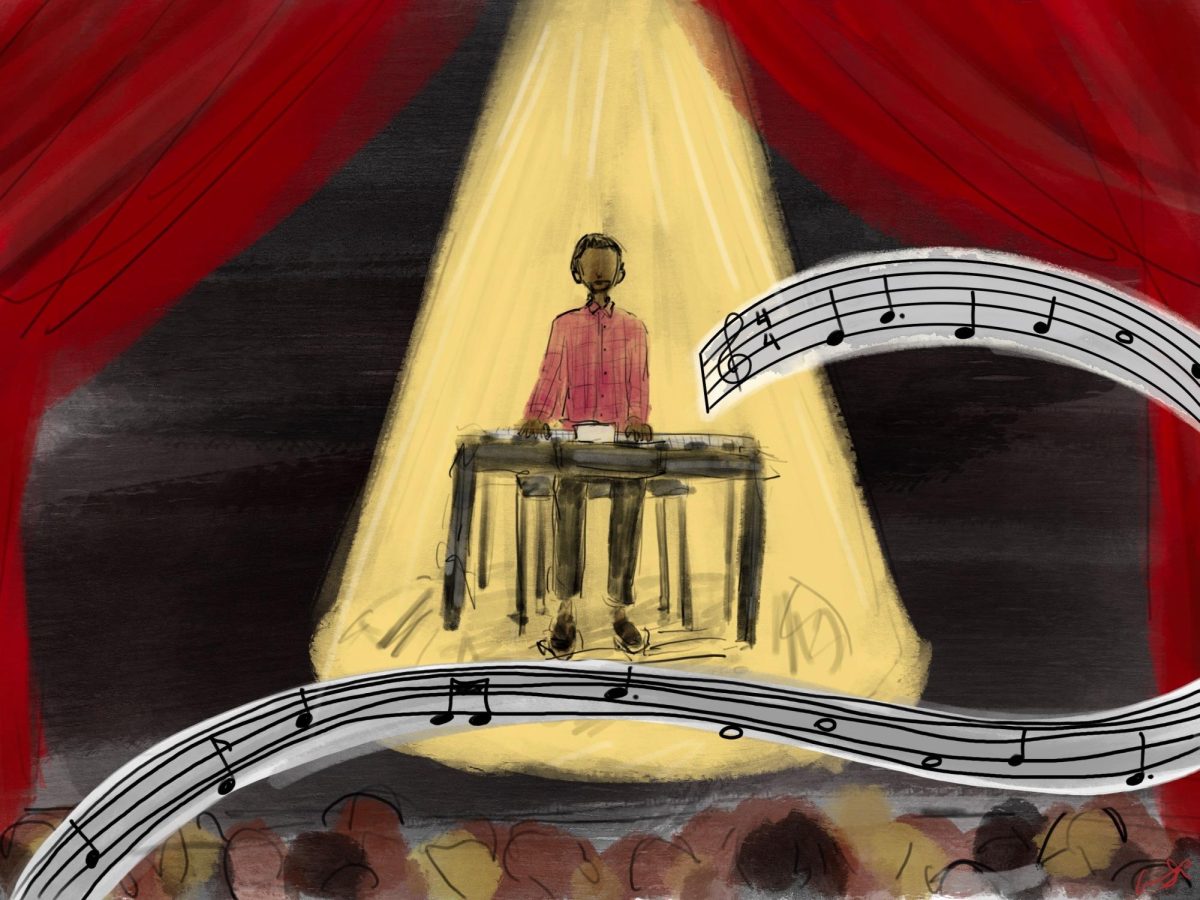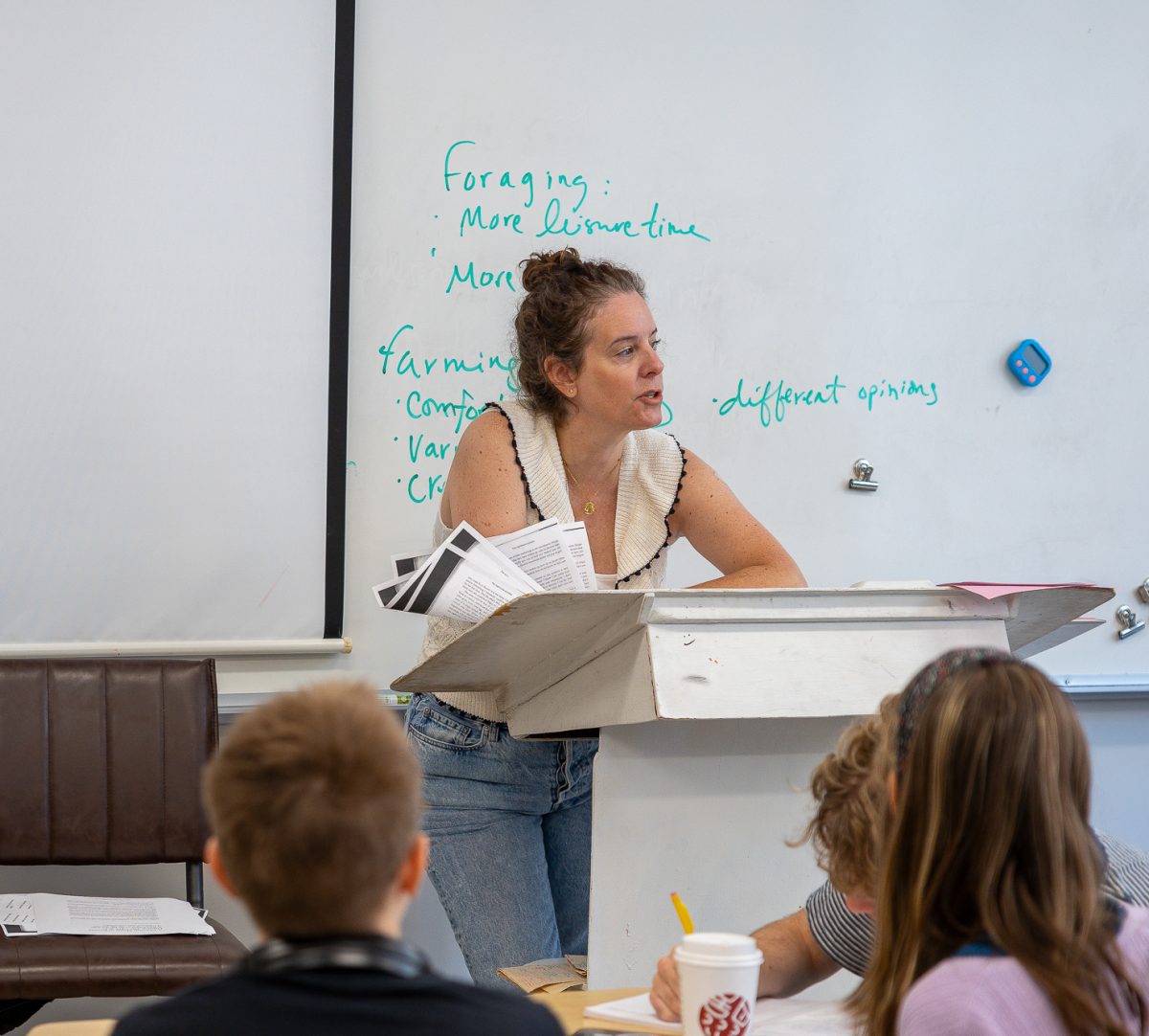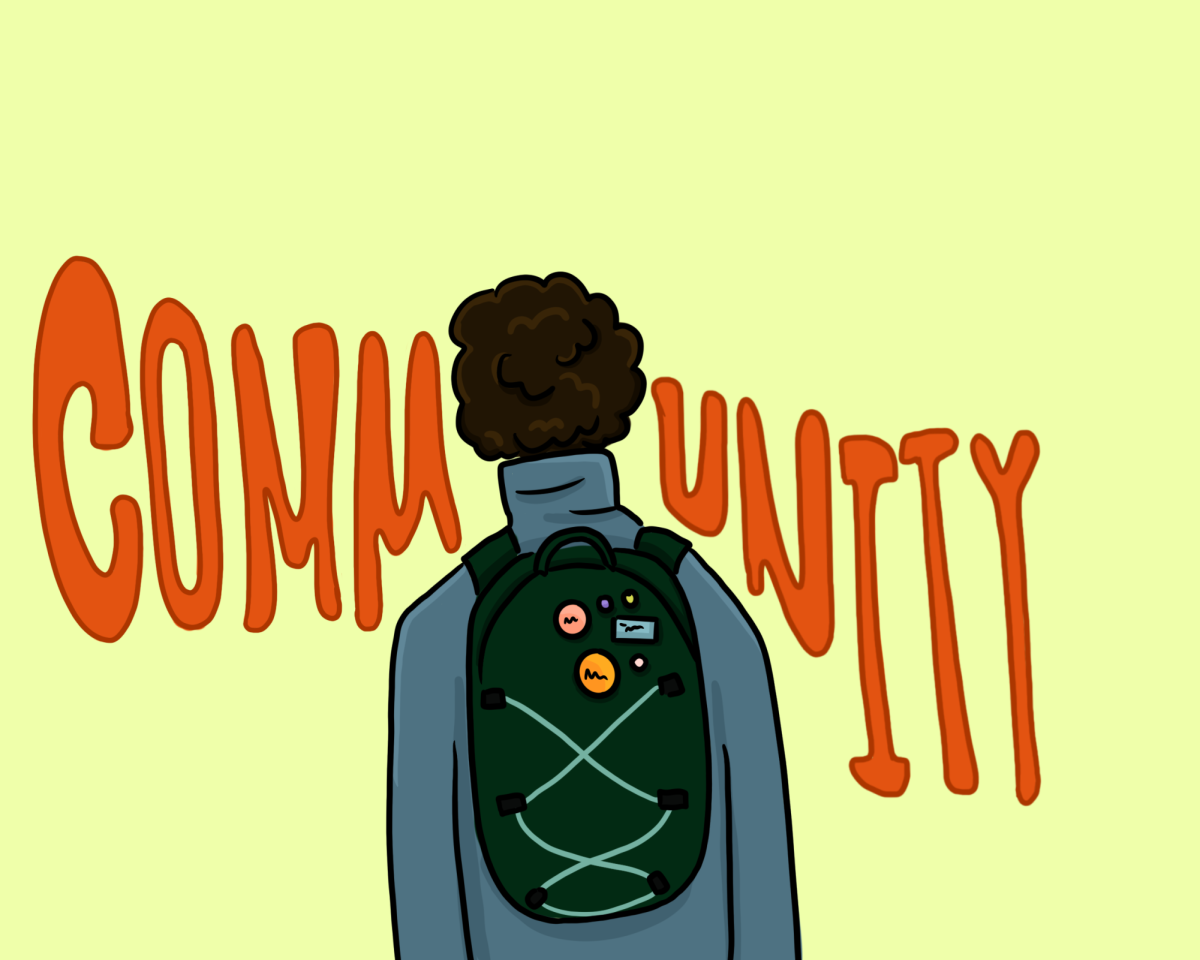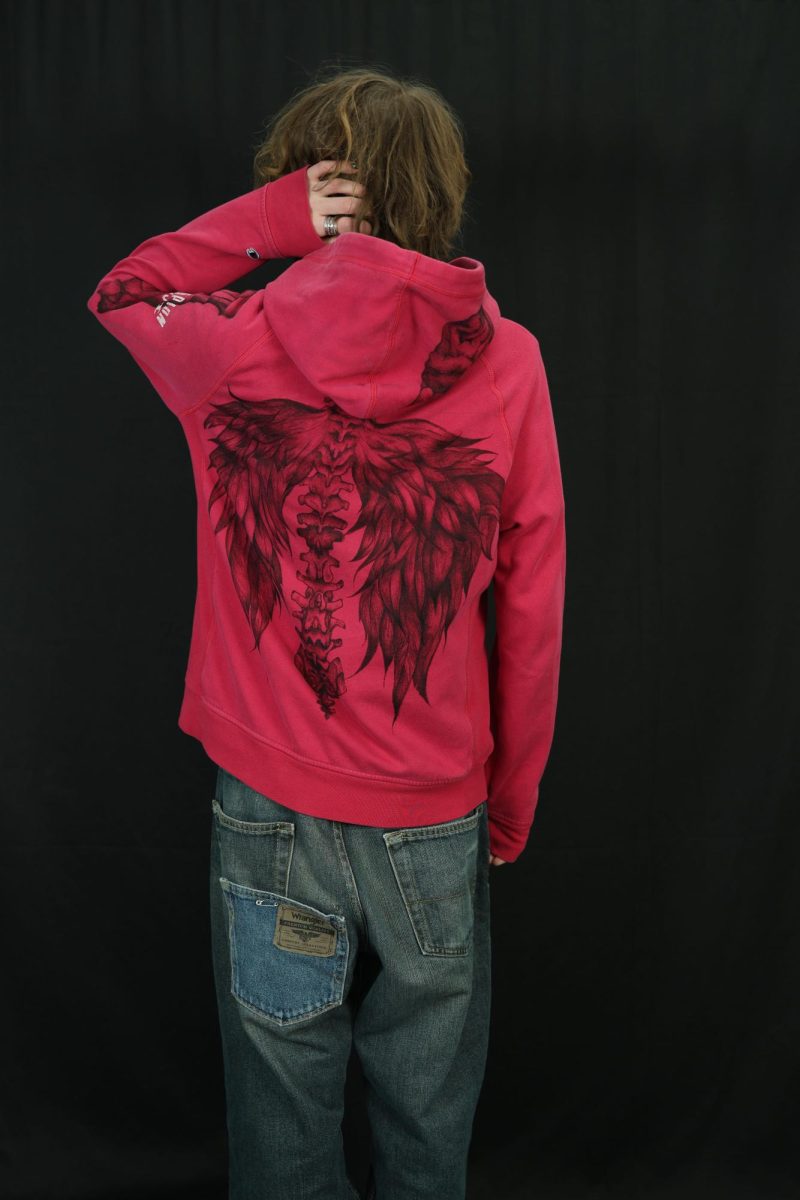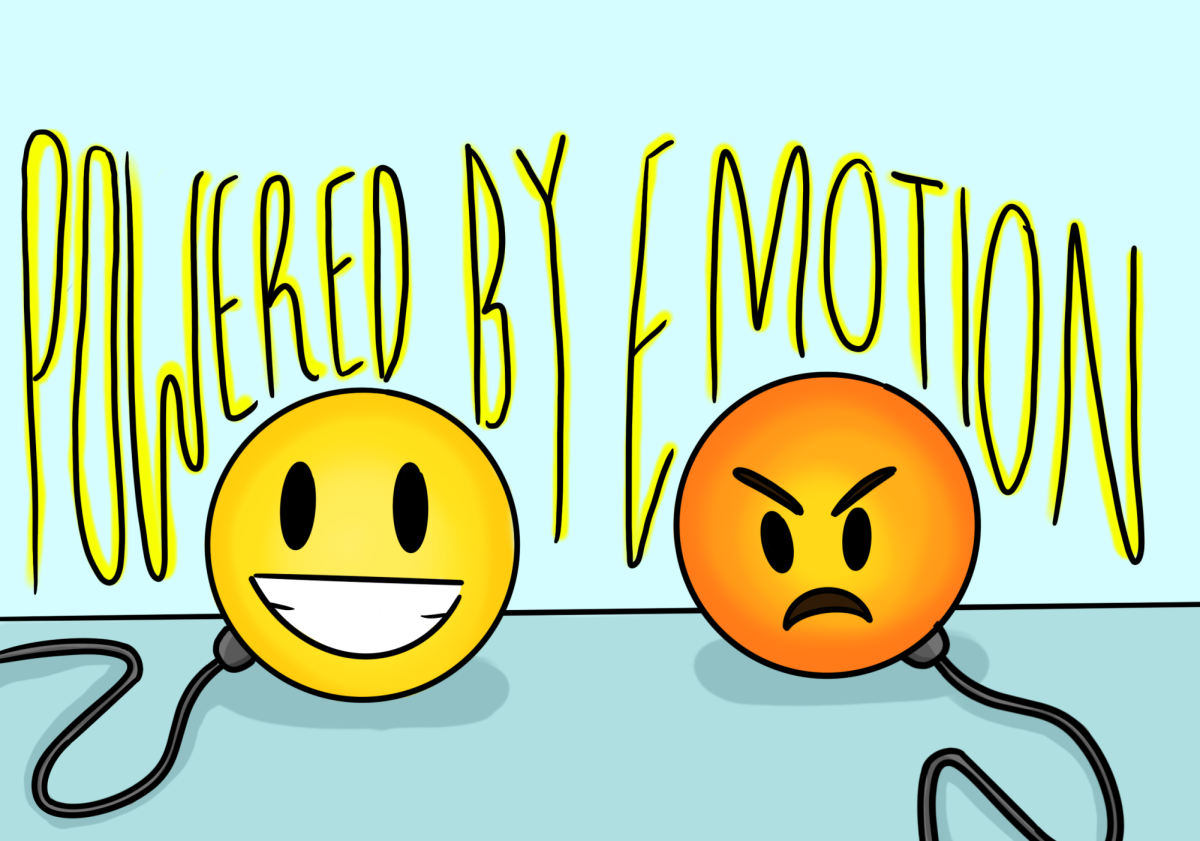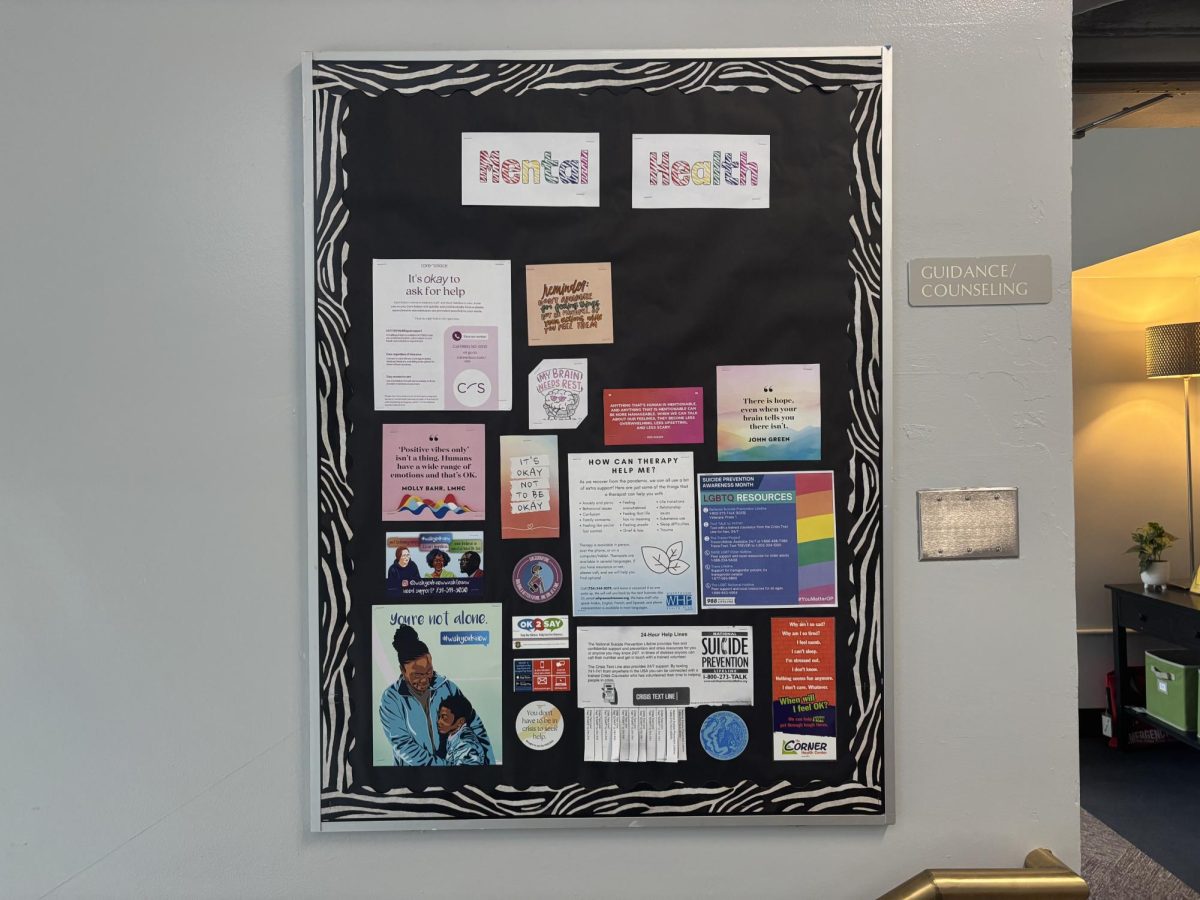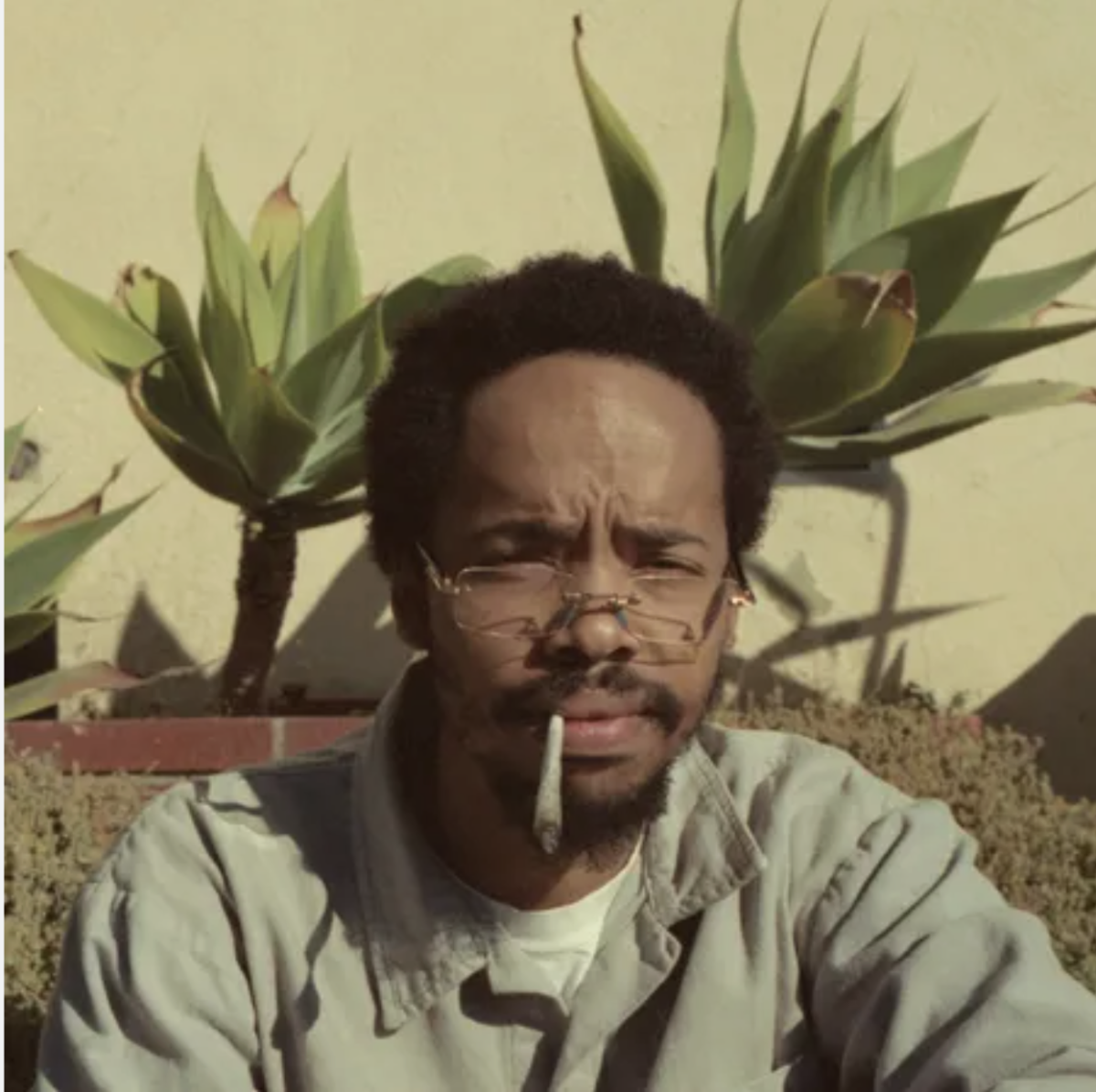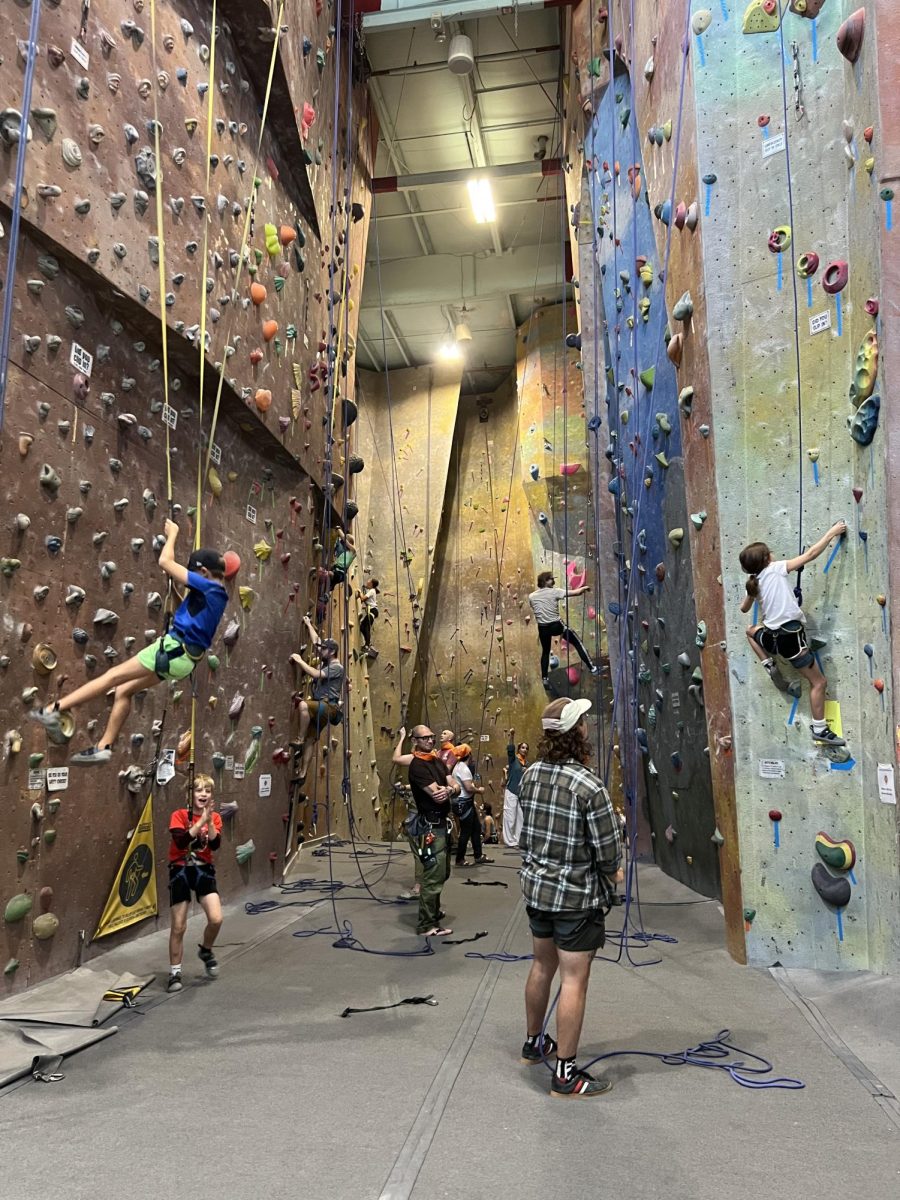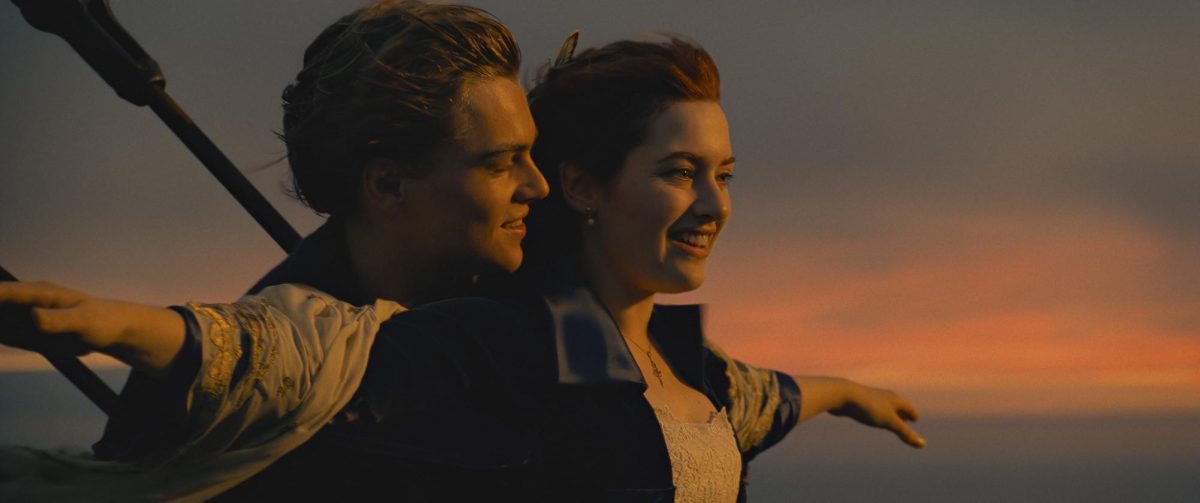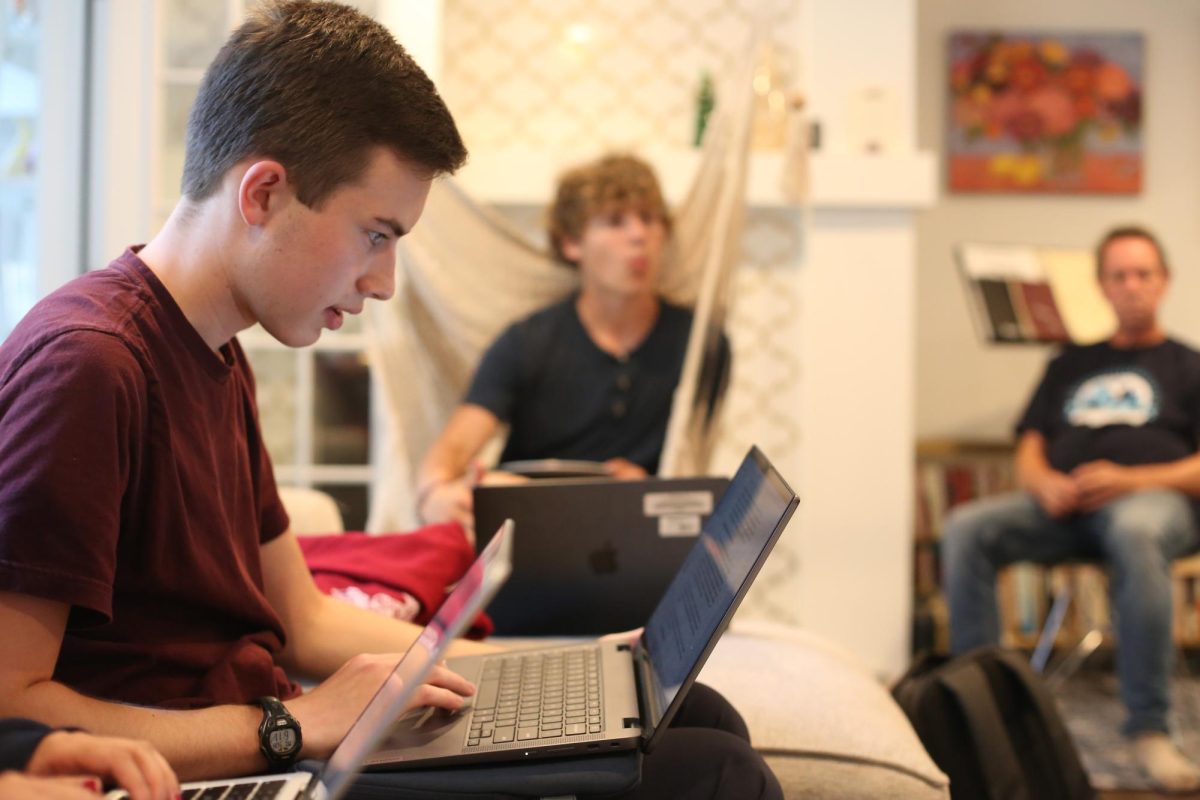Students filled the craft theater, and the buzz of excitement filled the room. Paul Cornish, a pianist who masterfully combines jazz with his classical influences, bestows a special blend and unique sound. Cornish, whose presence was coordinated by senior saxophonist and clarinetist Noah Garfield, began with performing a distinctive rendition of “Giant Steps,” a famously difficult song to solo over, written by John Coltrane in 1959, on the piano. During the performance, students in the room went silent, breathing in every note that was played. They were quiet and concentrated on the music.
The masterclass wasn’t just about music; it was about mindset. For senior drummer Augustus Kaschube, the lessons on perseverance and finding your sound are ones he says he’ll carry long after he leaves CHS. Kaschube first sat behind a drum set as a kid, but as he got older, the sticks were set aside until jazz called him back.
“It was only when I moved from Germany to the U.S., in my freshman year, that I picked back up drums to join the jazz program,” Kaschube said.
As a kid, Kaschube had a drum set in his basement that his dad used to play before Kaschube was born. Through the three, almost four years at CHS, Kaschube has fostered his love for the art, and has also met many musicians like Cornish, to learn from them.
Cornish attended a high school in Houston, and received a full-ride scholarship to the University of Southern California (USC) Herbie Hancock Institute to study piano. Later in life, he made a guest appearance in the popular TV show “Glee.” Cornish also performed on stage with HIAM as the opener for the Eras Tour.
“His play style was sort of a combination of jazz, but he also had this classical, like, smooth fingertip touch on the keyboard or piano,” Kaschube said.
To find his playing style, he combined classical music with jazz, which he honed in his childhood and continues to hone. Not only did Cornish have a unique style of making music, but he also demonstrated his advanced technique by playing intricate melodic lines with his left hand—a difficult skill known as left-hand independence that separates proficient players from true virtuosos. This created a distinctive music experience with the style and the technical ability, but also a unique masterclass setting.
“What stood out to me was how relaxed, humble and meditative he was,” Kaschube said. “He approached his masterclass in this calm way, which was unique, and I think that reflected on us.”
This made the students in the master class, like Kaschube, focus and learn more from Cornish. For Cornish, this is because of everything he has been through. For example, in Cornish’s early life, he faced demotivation from not winning competitions.
“His bandmates kept winning competitions and awards that he didn’t win, and all of this got to the extent where he was so demotivated, he couldn’t even feel joyous for his friends because he was jealous,” Kaschube said. “However, he said that it didn’t stop him, and he just had the mindset to pursue his goals.”
This determination to get better was a key takeaway for Kaschube because he realized it would be the only way to improve at his art. Cornish talked about his struggles growing up as a musician and how he overcame them.
“He just pursued whatever he liked and had a good outcome in the end,” said Kaschube.
By the end of the hour-long session, Kaschube and his peers dove deeper into finding their own style of playing, learning that skill and passion go hand and hand.



